School of Applied Social Studies and School of Nursing and Midwifery University College Cork, Ireland in Association with Critical Voices Network Ireland (CVNI) and in Partnership with Onlinevents.
Although we had hoped to welcome people back to Cork this year for the 2-day Annual Critical Perspectives Conference, the Conference will once again revert to a 1-day online event. We hope that, like last year, you’ll join us in making the online Conference a success! Onlinevents are our partners again this year.
Conference theme:
- what we understand by safe spaces in mental health systems
- what makes it so difficult to offer safe spaces
- the increasing use of coercion and forced treatment to try and maintain people’s ‘safety’
- what safe spaces may look like and how these may be experienced by people in distress
- ways to support people in intense distress in spaces where they feel safe and respected
Course Content
Presenter
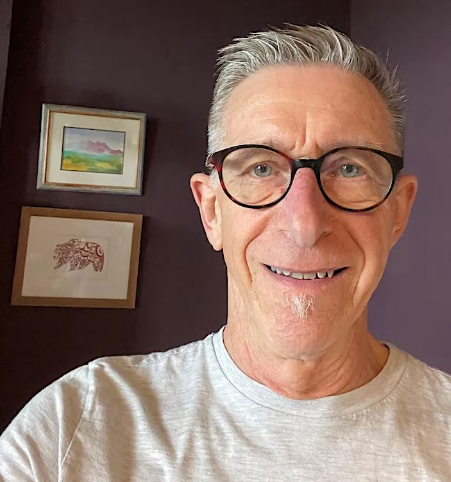
Harry Gijbels is a retired mental health nurse and academic with over 40 years of experience in challenging mental health practices and education. He continues to be actively engaged, for example through his work with the Hearing Voices Network Ireland. Harry’s work in activism is informed and influenced by issues of power, human rights and social justice in mental health.
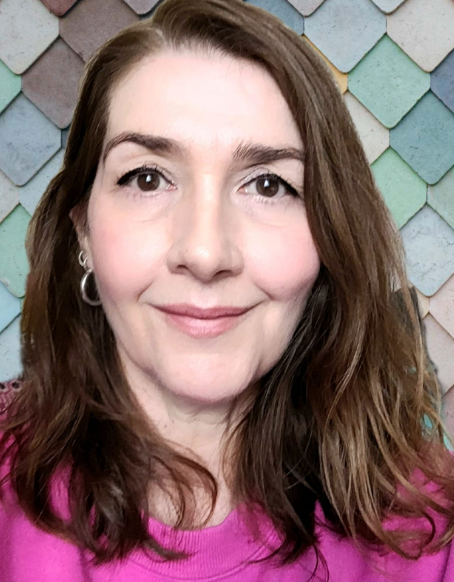
Jacqui Dillon is an activist, author, and speaker, and has lectured and published worldwide on trauma, abuse, hearing voices, psychosis, dissociation, and healing. She is a key figure in the international Hearing Voices Movement, has co-edited three books, published numerous articles and papers and is on the editorial board of the journal Psychosis: Psychological, Social and Integrative Approaches. Jacqui is Honorary Lecturer in Clinical Psychology at the University of East London, Visiting Research Fellow at The Centre for Community Mental Health, Birmingham City University and a member of the Advisory Board, The Collaborating Centre for Values-Based Practice in Health and Social Care, St Catherine’s College, Oxford University. Jacqui’s survival of childhood abuse and subsequent experiences of using psychiatric services inform her work, and she is an outspoken advocate and campaigner for trauma informed approaches to madness and distress. Jacqui is part of a collective voice demanding a radical shift in the way we understand and respond to experiences currently defined as psychiatric illnesses. In 2017, Jacqui was awarded an Honorary Doctorate of Psychology by the University of East London.
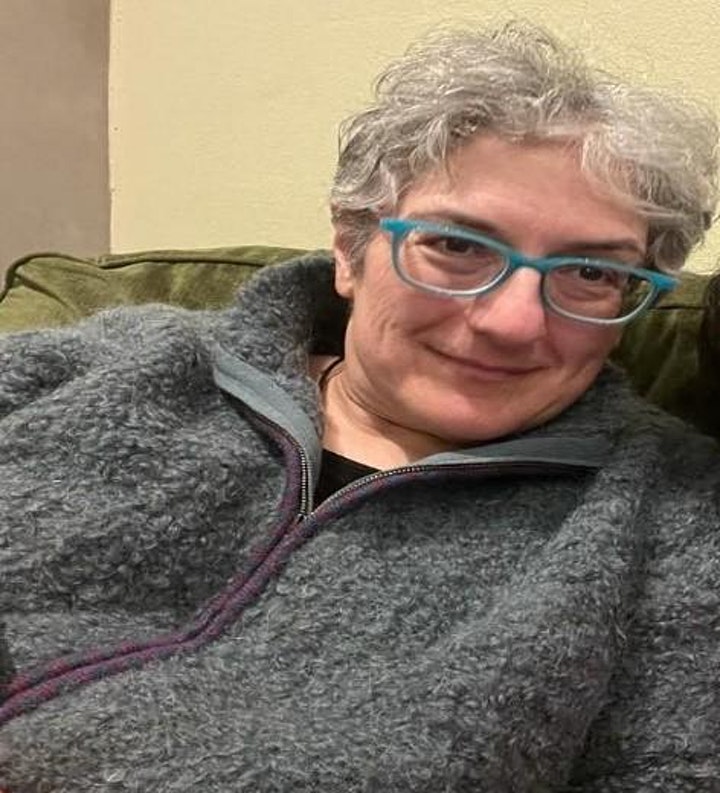
Konstantina (Dina) is an independent Service User Researcher in mental health. Her doctoral and post-doctoral research has spanned a range of fields including mental health, education, child health, youth justice and social policy/social welfare. She has worked in a number of Universities in England as a Service User Researcher and held a 3-year Postdoctoral Research Fellowship in Patient and Public Involvement and Improvement/Implementation Science at the Service User Research Enterprise in the Institute of Psychiatry, Psychology and Neuroscience, King’s College London. She is a member of Asylum, the radical mental health magazine editorial group, as well as one of the directors of the UK-based Survivor Researcher Network Community Interest Company.
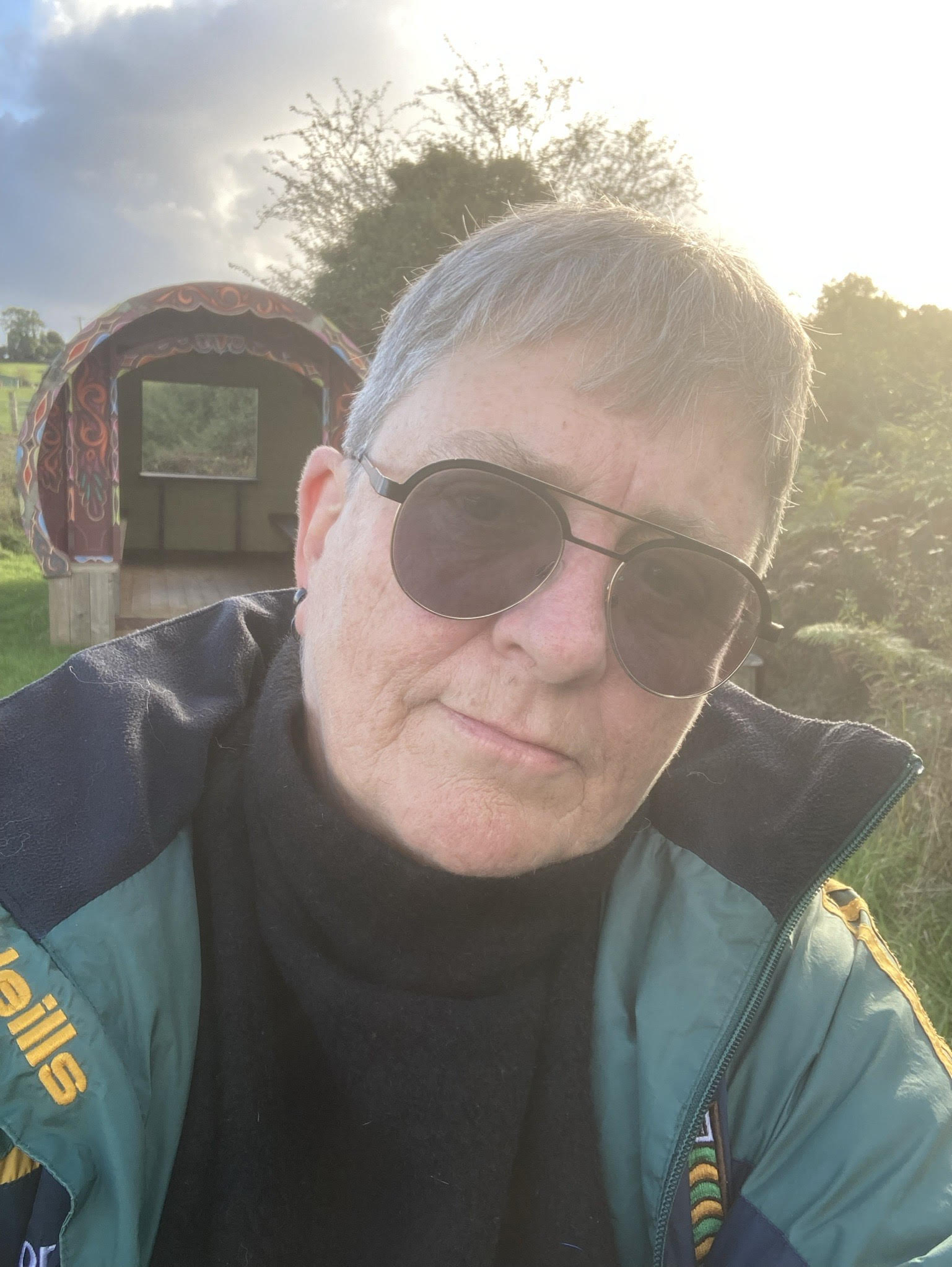
Liz Brosnan; Having spent years on the ‘outside’ as a service user, then exploring recovery and involvement work, progressing into academia, trying to make change happen on the edges of mental health systems, Liz is now working on the ‘inside’ in the heart of services to see what can be achieved with good allies. In a cv spanning decades, she has worked with many incredible people to bring service-user/survivor/persons with psychosocial disabilities/Mad voices out of the margins into the mainstream. She has worked in many arenas: local community activism, peer advocacy, user-led/survivor research, academic writing and publishing, training and education, disability rights research. Returning to work in HSE MHS mental health engagement, she is optimistic that Intentional Peer relationships, will allow us to create safe spaces within and without statutory services.
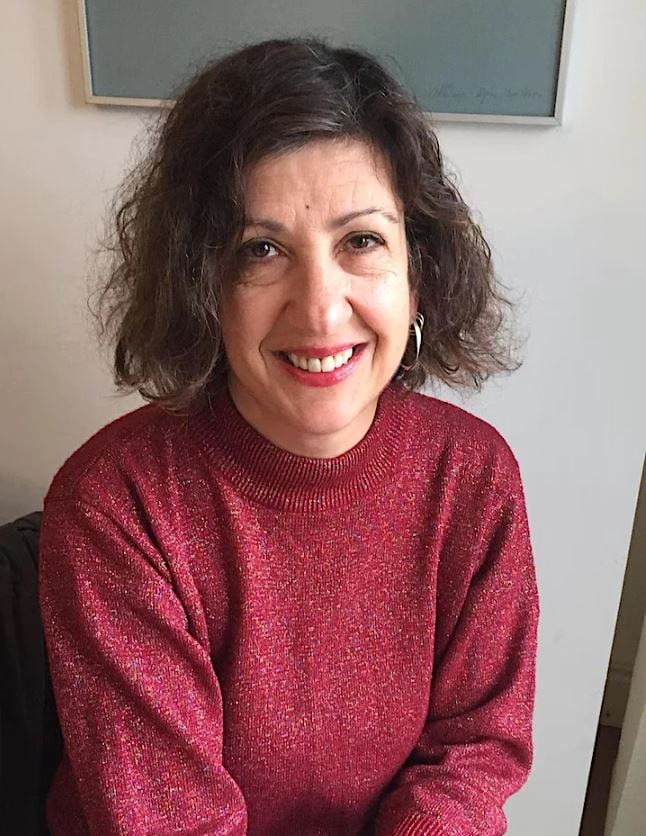
Lydia Sapouna is a Lecturer in the School of Applied Social Studies, University College Cork, Ireland. Her teaching, research and community contributions are primarily in the area of critical mental health, education and practice. She is very interested in the politics of mental health and the role of social activism in changing power imbalances in mental health systems.


